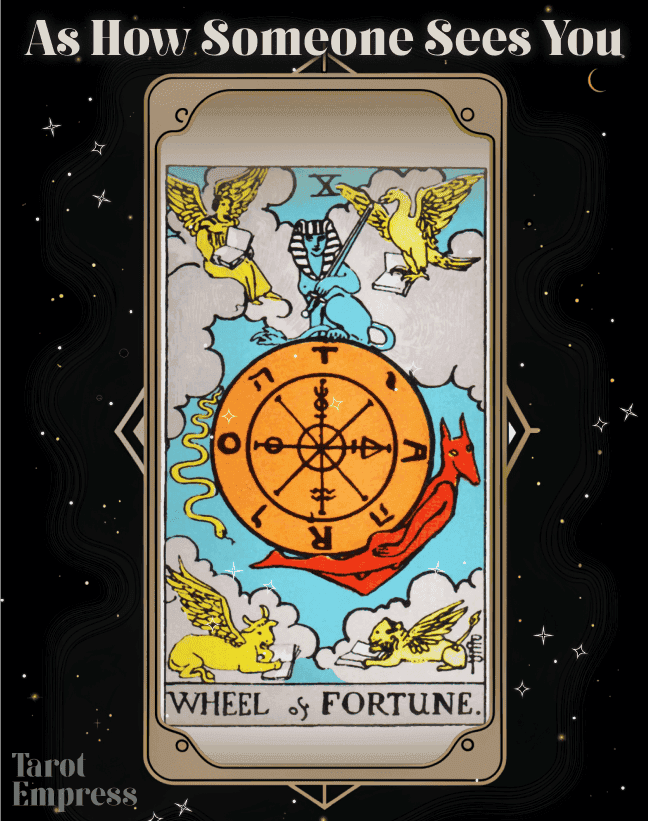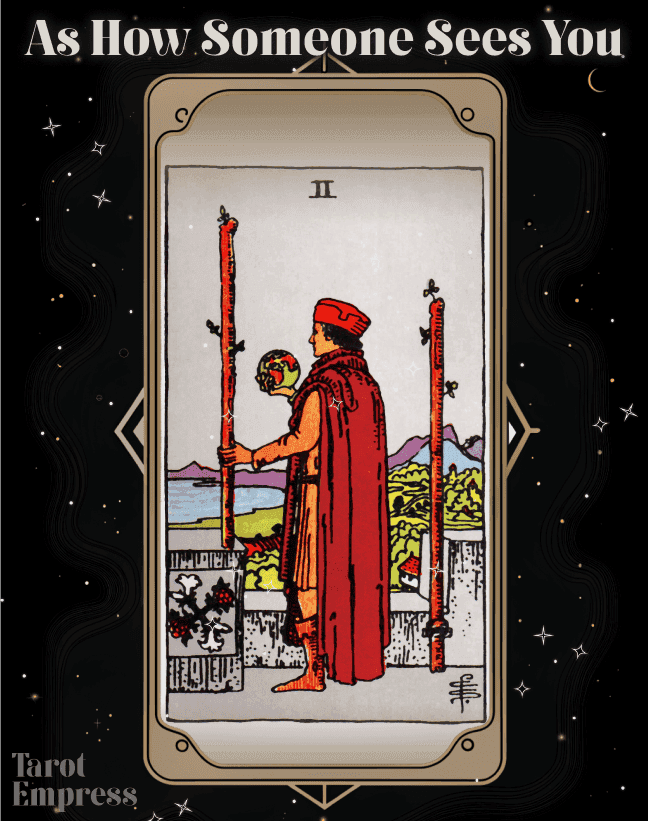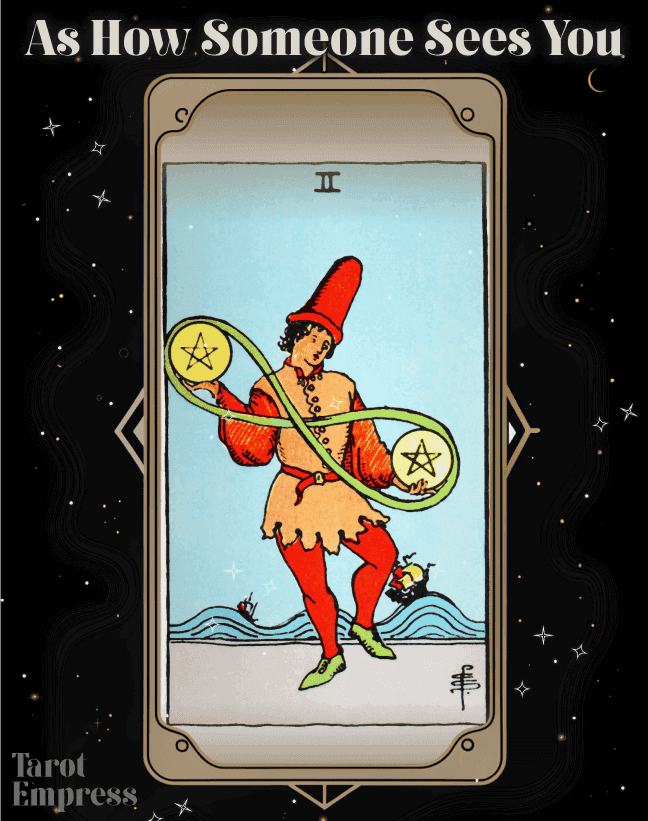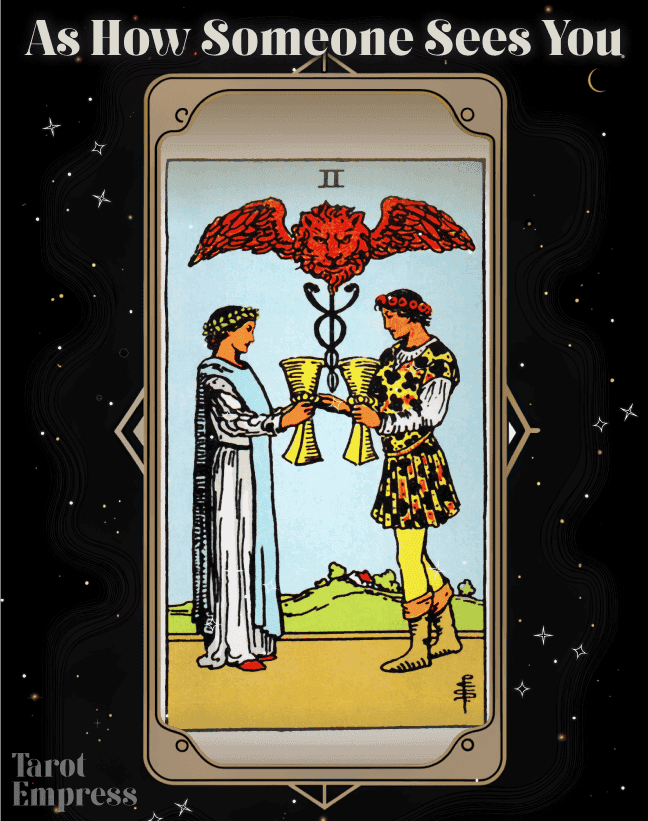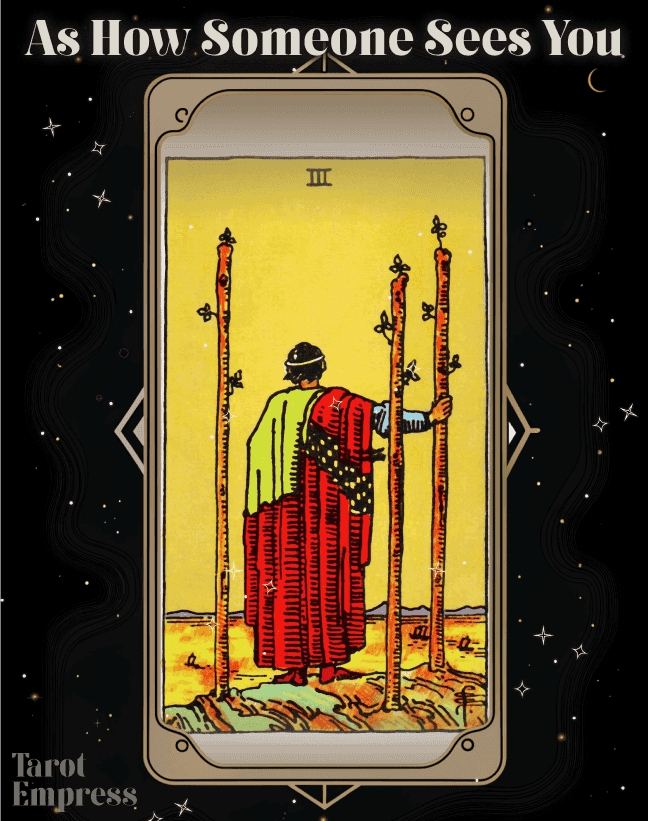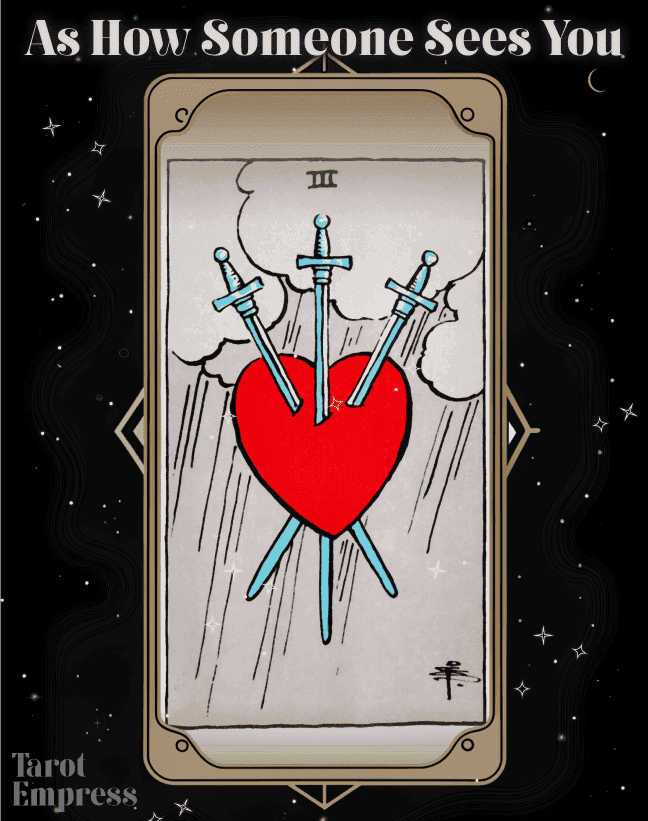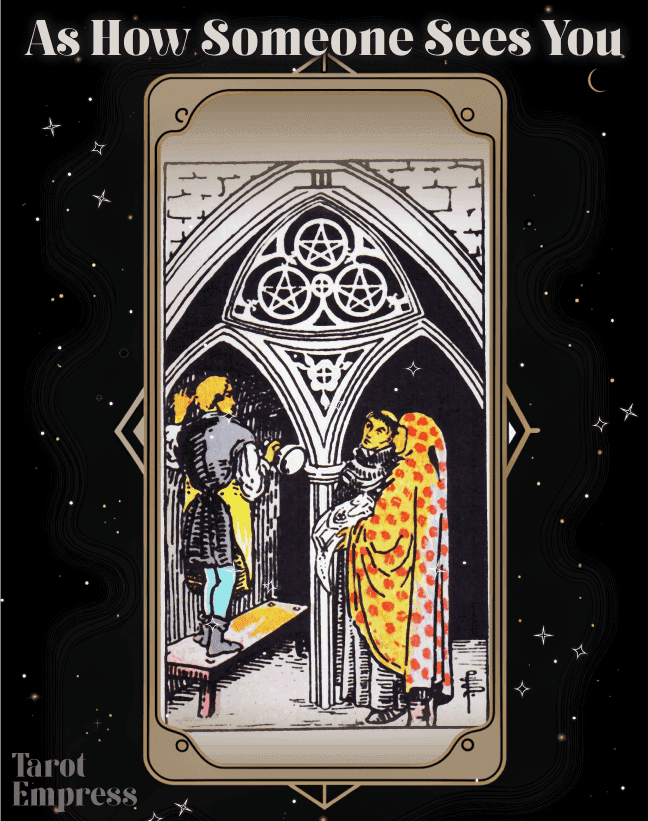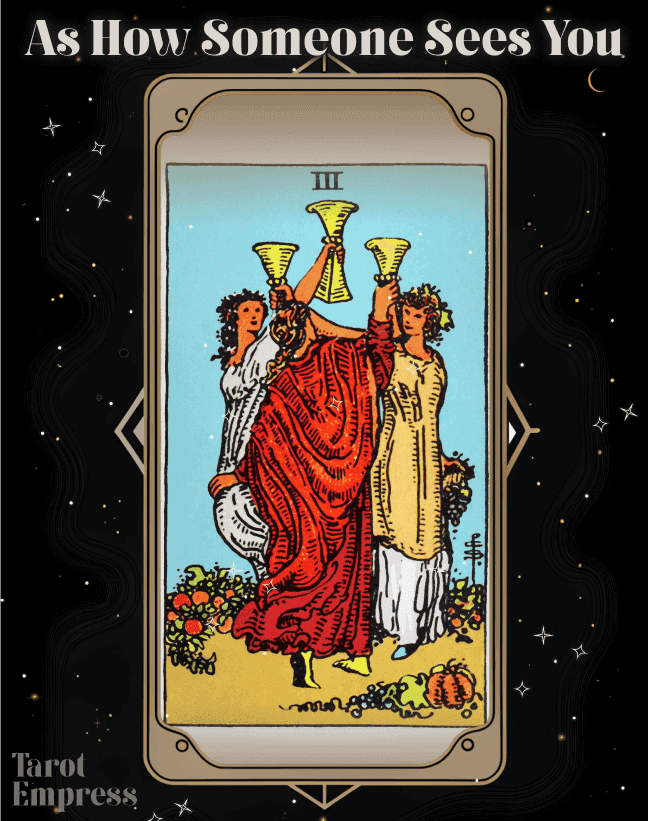In the mystical world of tarot, each card carries profound layers of meaning, especially when it comes to intentions. The Judgement card stands out as a particularly significant harbinger of intention shifts and transformations. Understanding the Judgement card in this light offers an opportunity to gracefully navigate the mysteries of life and the intricacies of human relationships.
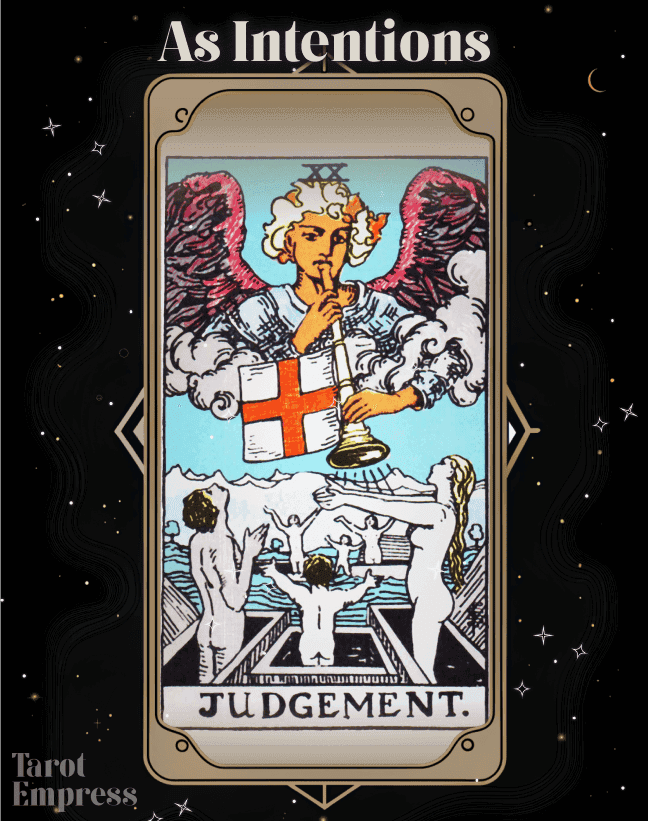
Interpreting Judgement: The Depths of Intention
The Judgement card is rich with imagery and symbolism that speaks volumes about a person’s intentions. Traditionally, this card depicts the archangel Gabriel blowing a trumpet, awakening the deceased from their graves for the final judgement. It’s a card steeped in themes of rebirth, transformation, and awakening. When contemplating people's motives, Judgement directs us to consider moments of realization and the call to action driven by newfound clarity.
In upright and reversed positions, Judgement’s implications on intentions are diverse and profound. Upright, it signifies awakening, clarity of purpose, and transformative actions. Reversed, it can indicate hesitation, self-doubt, and resistance to change. To truly grasp the depth of this card, we must examine both orientations and their manifestations in real-life intentions.
Judgement Upright as Intentions: Awakening and Transformation
When Judgement appears upright during a reading, it often signifies that profound clarity and enlightenment drive the person's intentions. This card heralds an awakening, suggesting that the individual is ready to heed a higher calling or make significant changes based on newfound understanding. This can lead to remarkable transformations, not only in their personal life but in how they interact with others and make decisions. Here are a few specific actions or behaviors someone might exhibit when influenced by the upright Judgement intentions:
Taking Responsibility: They might begin owning up to their past actions and making amends. This intention is driven by a deep sense of moral clarity and justice.
Pursuing a New Path: The person may decide to change their career, lifestyle, or personal relationships, as the card signifies a transformative desire to align with their true self.
Seeking Forgiveness: A strong intention to seek or grant forgiveness could emerge, reflecting a desire to clear karmic debts and heal old wounds.
Actively Reflecting: The person may engage in a lot of self-reflection, aiming to understand their life purpose and align their daily actions accordingly.
Committing to Growth: Upright Judgement often propels individuals to commit to personal and spiritual growth, embracing challenges as opportunities for rebirth.
Real-Life Examples of Judgement Upright
Example 1: Renewing a Relationship: Imagine someone who has realized the detrimental impact of their actions on a loved one. The upright Judgement card in their reading might indicate a sincere intention to mend the relationship by acknowledging past mistakes and actively working to rebuild trust.
Example 2: Career Shift Driven by Passion: An individual feeling stifled in their current job might receive the upright Judgement card, signaling a clear intention to leave this unfulfilling path and pursue a career in alignment with their true passion, such as starting their own business or following a creative endeavor.
Example 3: Personal Transformation: A person struggling with old habits might begin an intentional journey toward self-improvement and transformation, whether it’s through counseling, spiritual practices, or lifestyle changes. The upright Judgement card would symbolize their commitment to breaking free from past constraints and embracing a more authentic life.
Judgement Reversed as Intentions: Hesitation and Resistance
In its reversed orientation, Judgement can signify hesitation and resistance to the call of transformation. This reversal may point to intentions clouded by self-doubt, fear of change, and an unwillingness to face reality. It’s essential to understand these intentions not as random acts of defiance but as complex responses to internal and external pressures.
Here are a few behaviors someone might exhibit when influenced by the reversed Judgement intentions:
Avoidance: An individual may avoid making important decisions or taking necessary actions, resulting in procrastination and missed opportunities.
Self-Doubt: There might be significant self-doubt and a lack of confidence in one’s abilities and choices, leading to stagnation and indecision.
Blame Shifting: Instead of introspection, the person could shift blame onto others, unable to accept their role in negative outcomes.
Fear of Change: A strong resistance to change, even when necessary, can result in actions aimed at maintaining the status quo, causing long-term detriment.
Ignoring Intuition: Reversed Judgement often denotes ignoring one’s inner voice and intuition, resulting in actions that do not align with the individual’s true self.
Real-Life Examples of Judgement Reversed
Example 1: Stagnant Relationships: A person in a toxic relationship might continuously avoid difficult conversations and necessary changes, driven by fear of confrontation and an uncertain future. The reversed Judgement card represents their intention to maintain the facade of normality rather than face the pain of transformation.
Example 2: Career Dissatisfaction: Imagine someone who feels unhappy in their job but is too paralyzed by self-doubt to seek new opportunities. The reversed Judgement card would indicate their intention to stay put, despite their dissatisfaction and the clear signs urging them toward change.
Example 3: Personal Denial: In the context of personal growth, an individual might resist acknowledging bad habits or harmful behaviors, preferring the comfort of denial over the challenges of change. The reversed Judgement card symbolizes this reluctance to embrace necessary transformation.
Judgement as Someone's Intentions: Upright vs Reversed
The intentions depicted by the Judgement card, whether upright or reversed, impact various facets of life including relationships, career, and personal choices. Understanding these differences can lead to more mindful interactions and decisions.
In Personal Relationships
Upright: Indicates a partner who is committed to growth and healing within the relationship. They may be motivated by a desire to communicate openly, seek forgiveness, and work towards a more harmonious and understanding partnership.
Reversed: Signifies a partner who is resistant to addressing core issues, perhaps blaming external circumstances rather than taking responsibility. This can lead to a stalemate where growth is stalled, and old patterns persist.
In Career
Upright: Represents an individual who is ready to pursue meaningful work, potentially undergoing a significant career shift to align with their true calling. They are likely driven by clear intentions to find purpose and fulfillment in their professional life.
Reversed: Denotes someone who remains stuck in an unfulfilling job due to fear of change or lack of confidence. Their hesitancy might result in missed opportunities and prolonged dissatisfaction.
In Personal Decisions
Upright: Suggests a person who is making decisions based on introspection and clarity. Their intentions are likely driven by a desire to live authentically and harmoniously, embracing necessary changes to align with their true self.
Reversed: Indicates someone who avoids making decisions, potentially out of fear or confusion. Their intentions might be clouded by self-doubt, leading to inaction and regret.
Interpretation of Judgement as Intentions
Interpreting the Judgement card in readings concerning intentions requires sensitivity to its profound symbolism and the specific context of its appearance. Whether it presents itself upright or reversed, it speaks to transformation, self-awareness, and the pivotal moments of choice that shape our paths.
In upright form, Judgement encourages us to listen to the call of our inner truth and embrace the necessary steps for growth and rebirth. It reminds us that intentions rooted in clarity and courage lead to powerful transformations, opening doors to new beginnings and deeper fulfillment.
Reversed, Judgement serves as a cautionary signal, highlighting areas where we might be resistant to change or burdened by self-doubt. It calls on us to face our fears, acknowledge our weaknesses, and strive to transform hesitation into proactive intention.
Ultimately, Judgement as a card of intentions invites us to journey towards greater self-awareness and authenticity. It nudges us to heed the call of our true self and make choices that resonate with our highest good.
Embracing Judgement's Guidance for Transformative Intentions
Drawing the Judgement card in a reading focused on intentions invites a moment of introspection and courage. Whether upright or reversed, it challenges us to confront our fears, own our actions, and embrace the call for transformation. This card, steeped in themes of rebirth and clarity, serves as a powerful reminder that our intentions shape our reality.
In your own tarot practice, recognizing the messages of the Judgement card can provide deeper insight into yourself and others. Whether you are seeking to understand someone else's motives or your own, Judgement inspires us to strive for honesty, courage, and alignment with our true purpose. May this profound card guide you toward transformative intentions and a more authentic life.
FAQs
What does the Judgement card signify regarding intentions?
The Judgement card represents transformation, awakening, and profound clarity when it comes to intentions. It signals a call to action influenced by higher understanding, urging individuals to align their actions with their true purpose and seek growth and rebirth.
How do upright Judgement cards reflect someone's intentions?
Upright Judgement cards indicate intentions driven by enlightenment and moral clarity. They suggest that the person is ready to take responsibility, seek forgiveness, embrace new paths, and pursue authentic growth and transformation.
What do reversed Judgement cards disclose about a person's intentions?
Reversed Judgement cards reveal intentions clouded by self-doubt, hesitation, and resistance to change. They signify avoidance, fear, and an unwillingness to face necessary transformations, resulting in stagnation and missed opportunities.
How can Judgement as intentions help in understanding someone's motives?
Judgement as intentions provides deep insights into the underlying motivations and transformative desires of an individual. By revealing whether the person's intentions are aligned with clarity and growth (upright) or hindered by fear and doubt (reversed), it aids in comprehending their true motives.
Can the Judgement card as intentions influence decision-making processes?
Absolutely! The Judgement card's guidance on intentions can significantly impact decision-making. Upright Judgement encourages proactive and transformative choices, while reversed Judgement cautions against indecision and avoidance, guiding individuals towards more thoughtful and intentional actions.
How does Judgement as intentions play a role in relationships?
In relationships, Judgement as intentions can indicate profound shifts. Upright, it suggests partners committed to growth, open communication, and healing. Reversed, it highlights reluctance to address core issues, leading to stagnation and persistent old patterns. Understanding this dynamic helps navigate and nurture more authentic and meaningful relationships.

